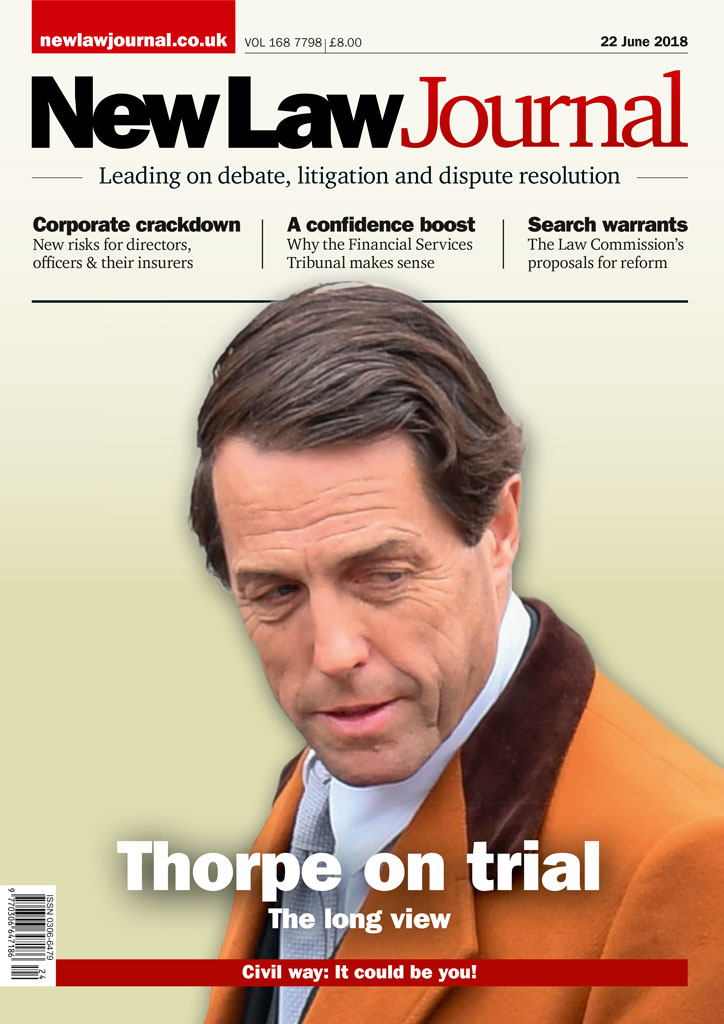
Alec Samuels shares his reflections on the legal significance of the Jeremy Thorpe case
The trial of Jeremy Thorpe, covered recently in the BBC drama, A Very English Scandal , took place nearly 40 years ago. The trial makes a good story and good drama, despite the passing of time. But what is the continuing legal significance of the case? Some of the legal issues have been resolved, some are still very much with us.
Conspiracy
In moral terms conspiracy to commit a serious crime is almost as bad as actually committing the crime, and involving others as well may be seen as an aggravating factor. However, to the jury the intention and the agreement will not seem as bad as an execution of the conspiracy. Furthermore, the execution, the act, would probably have been clear cut, whereas the mere preliminary agreement may be very unclear and uncertain. The intent was not to shoot and kill the alleged victim but merely to frighten him off, say the defence. A conspiracy is indeed admitted,









